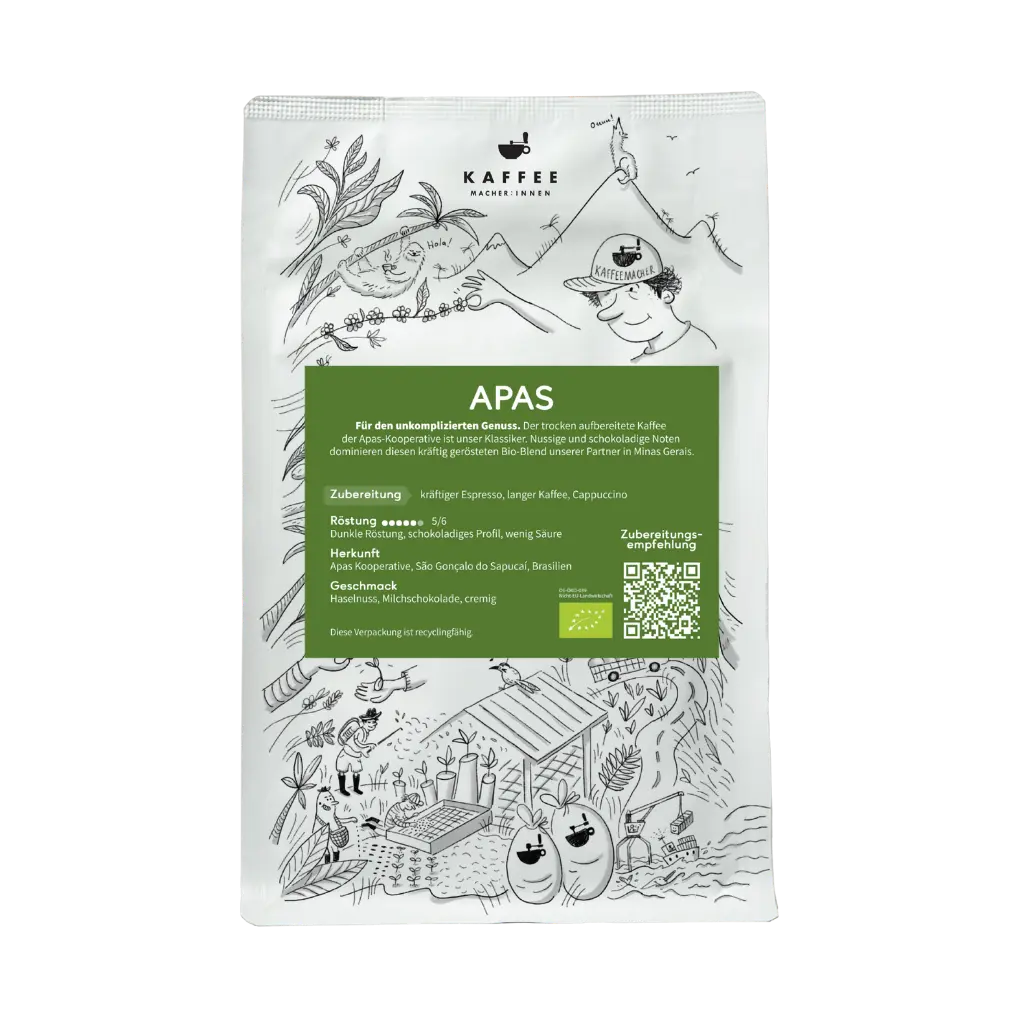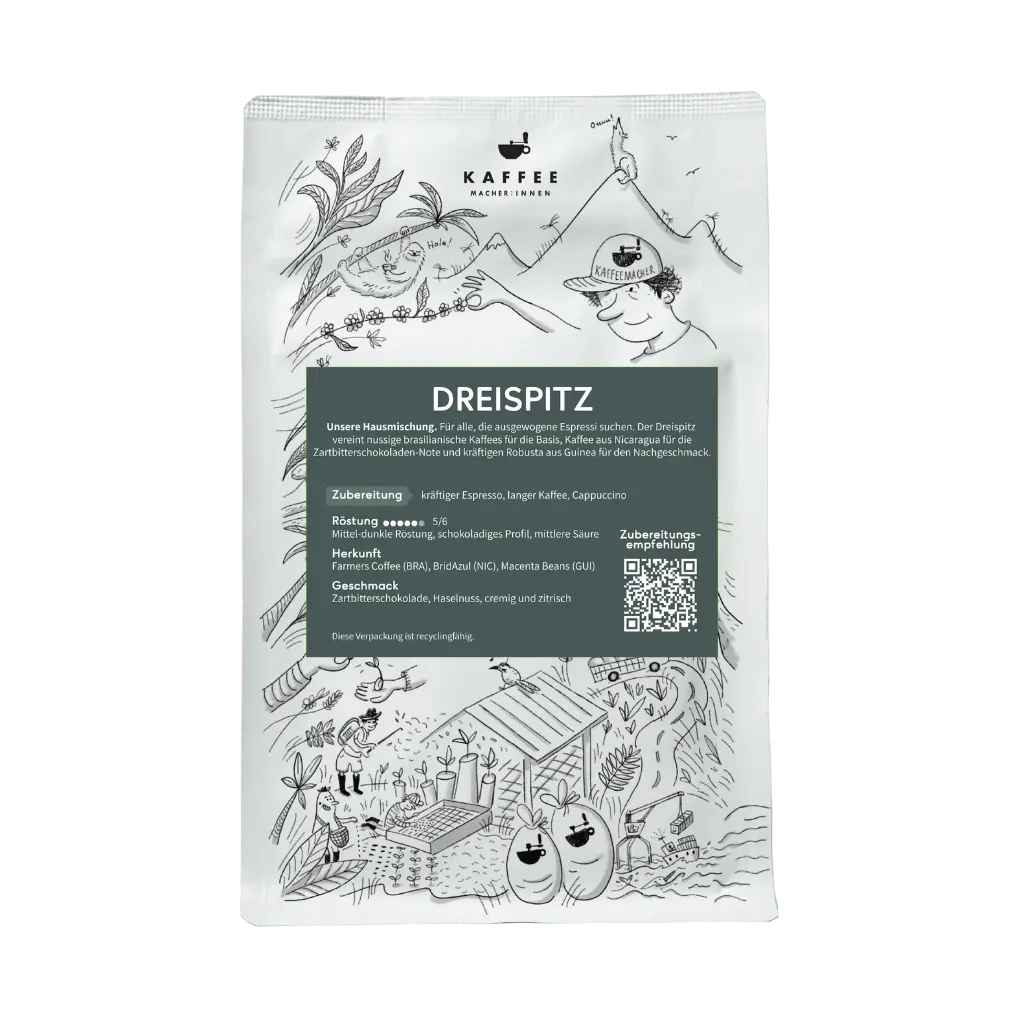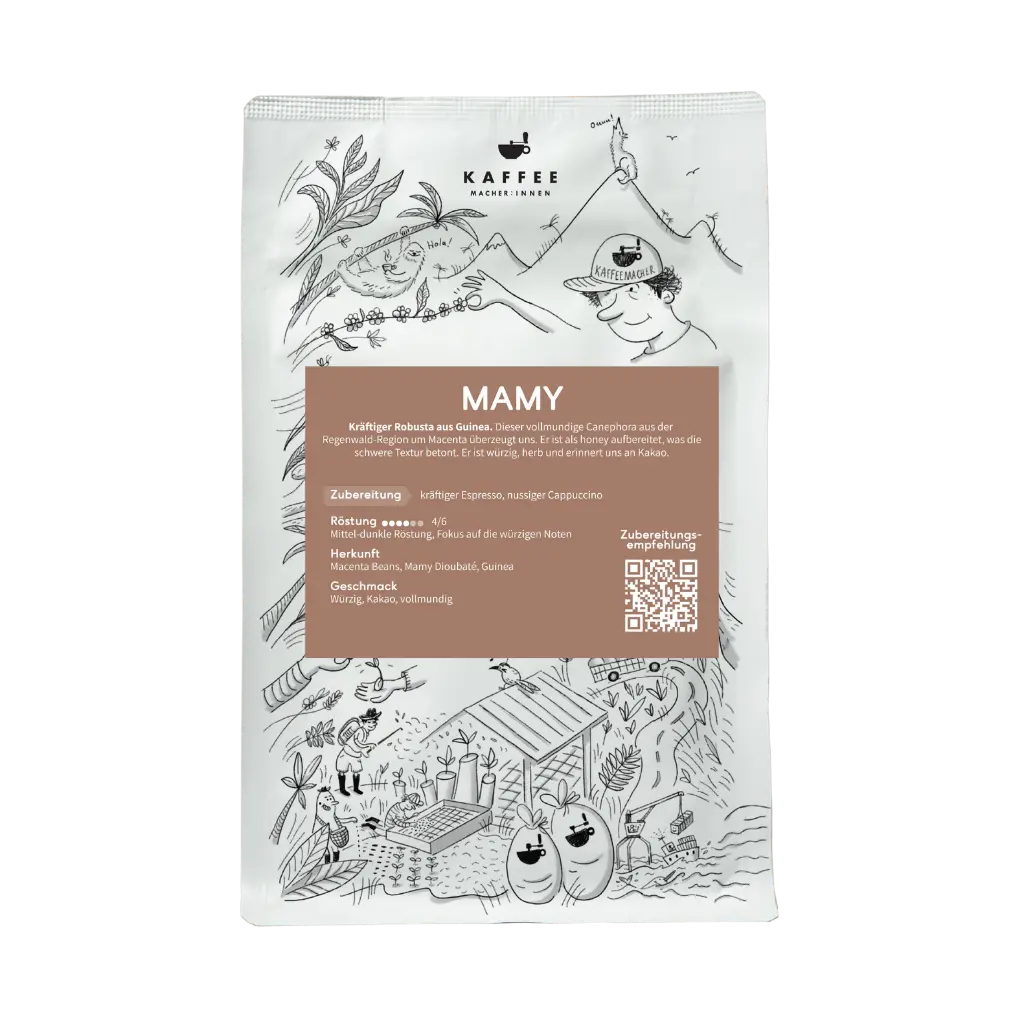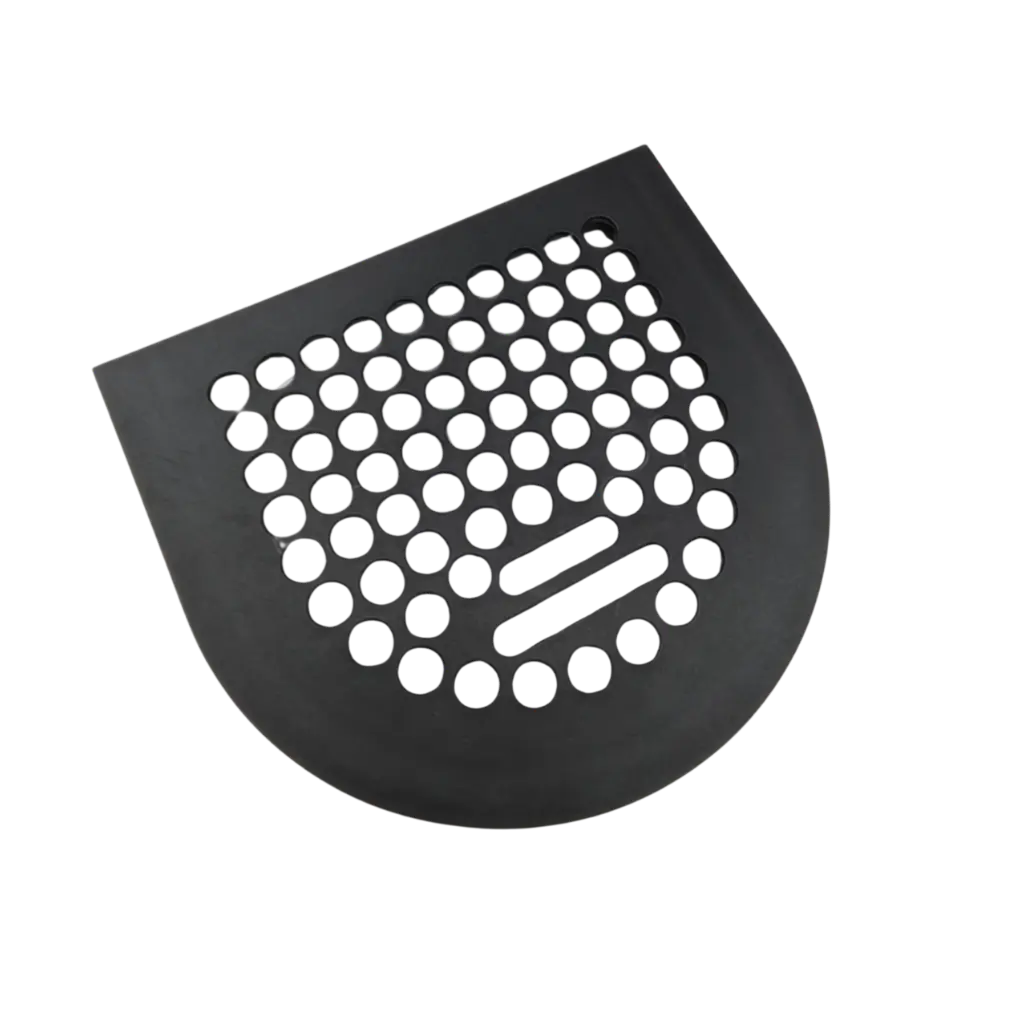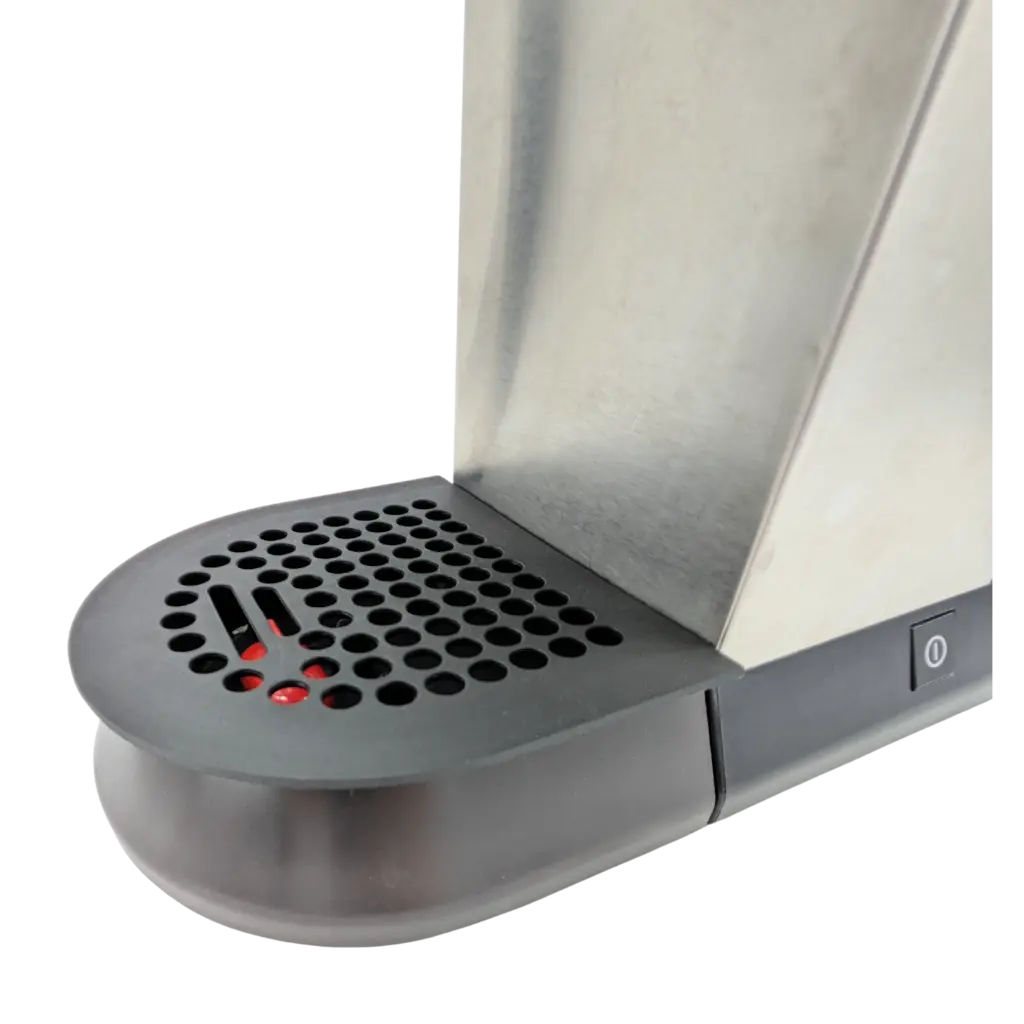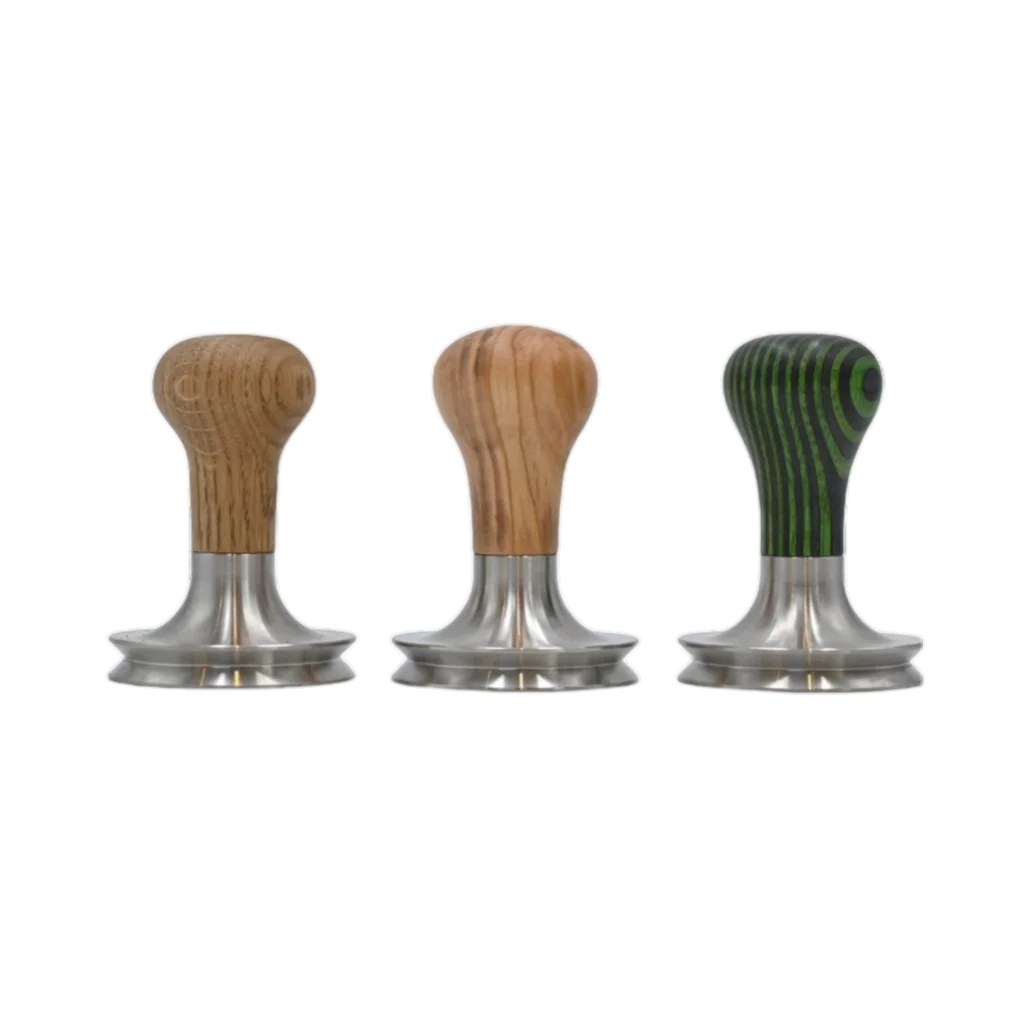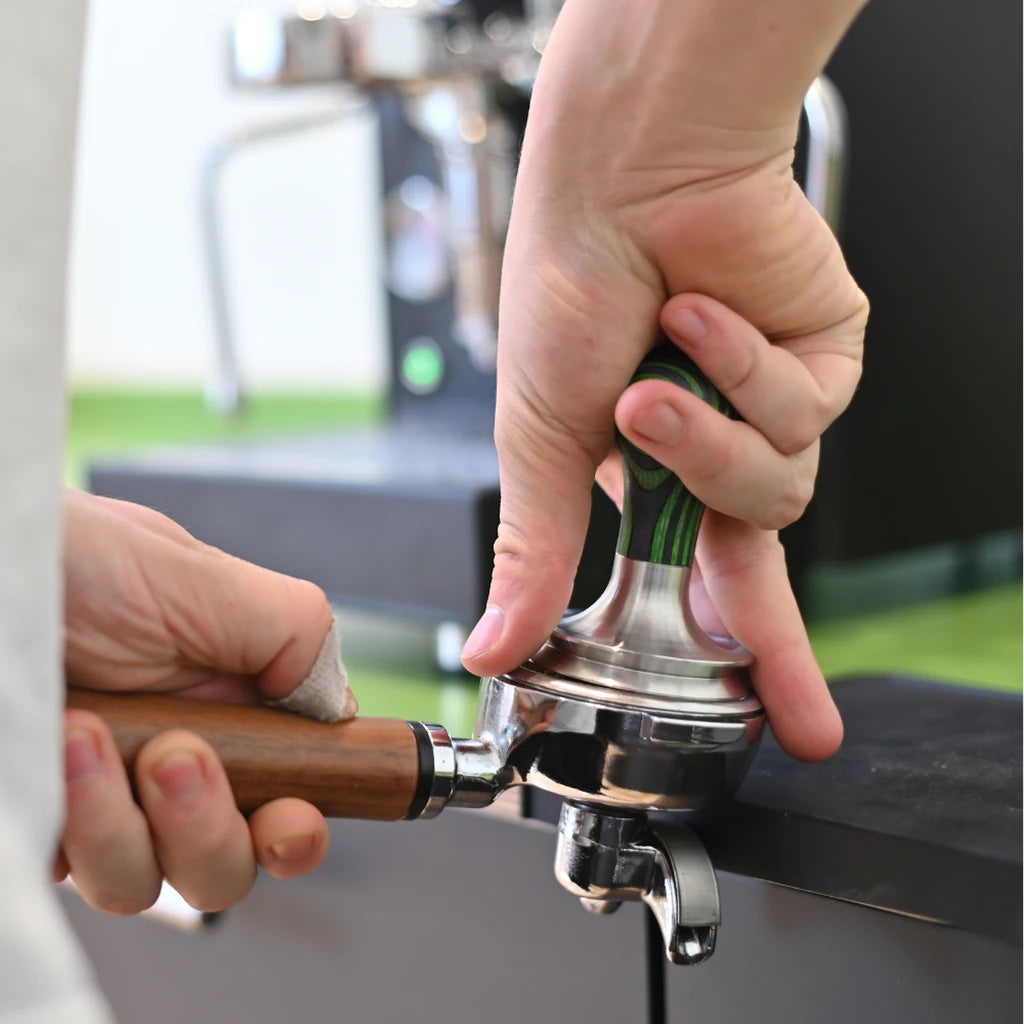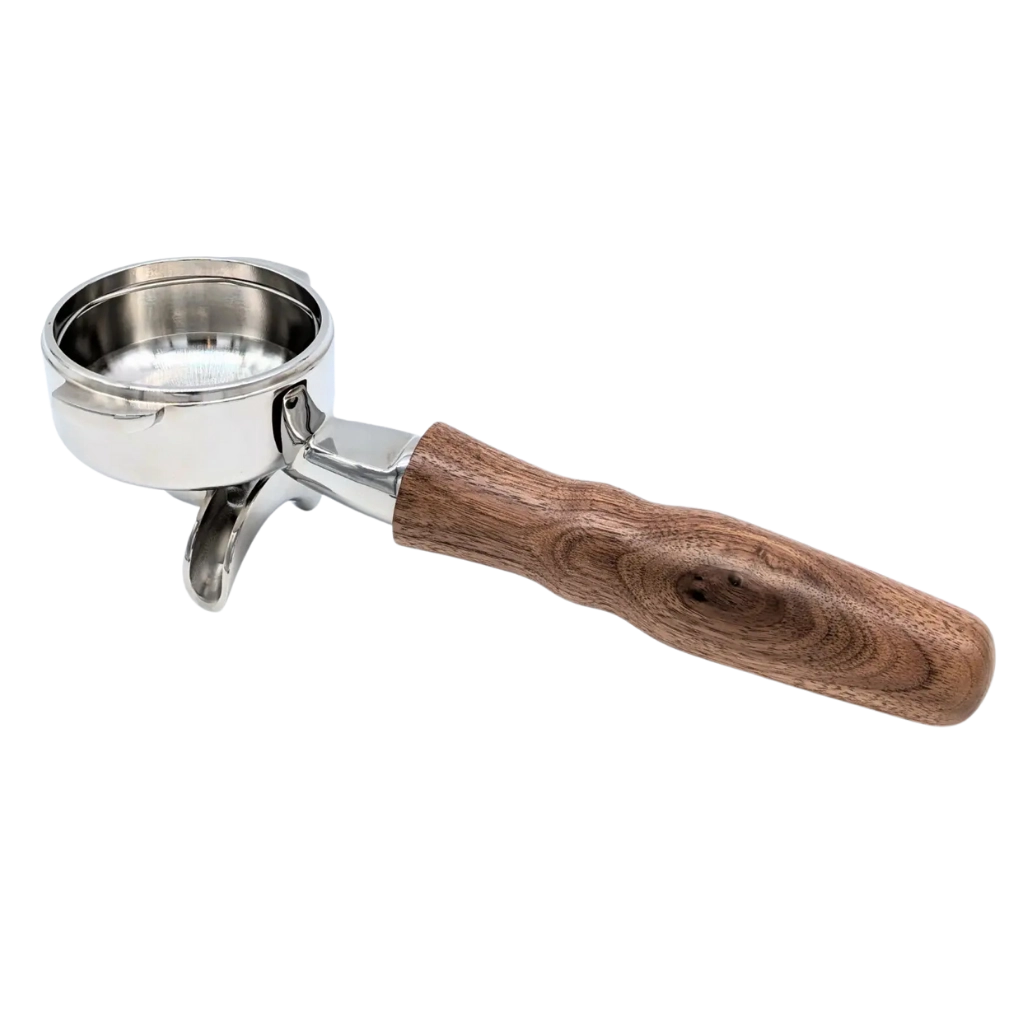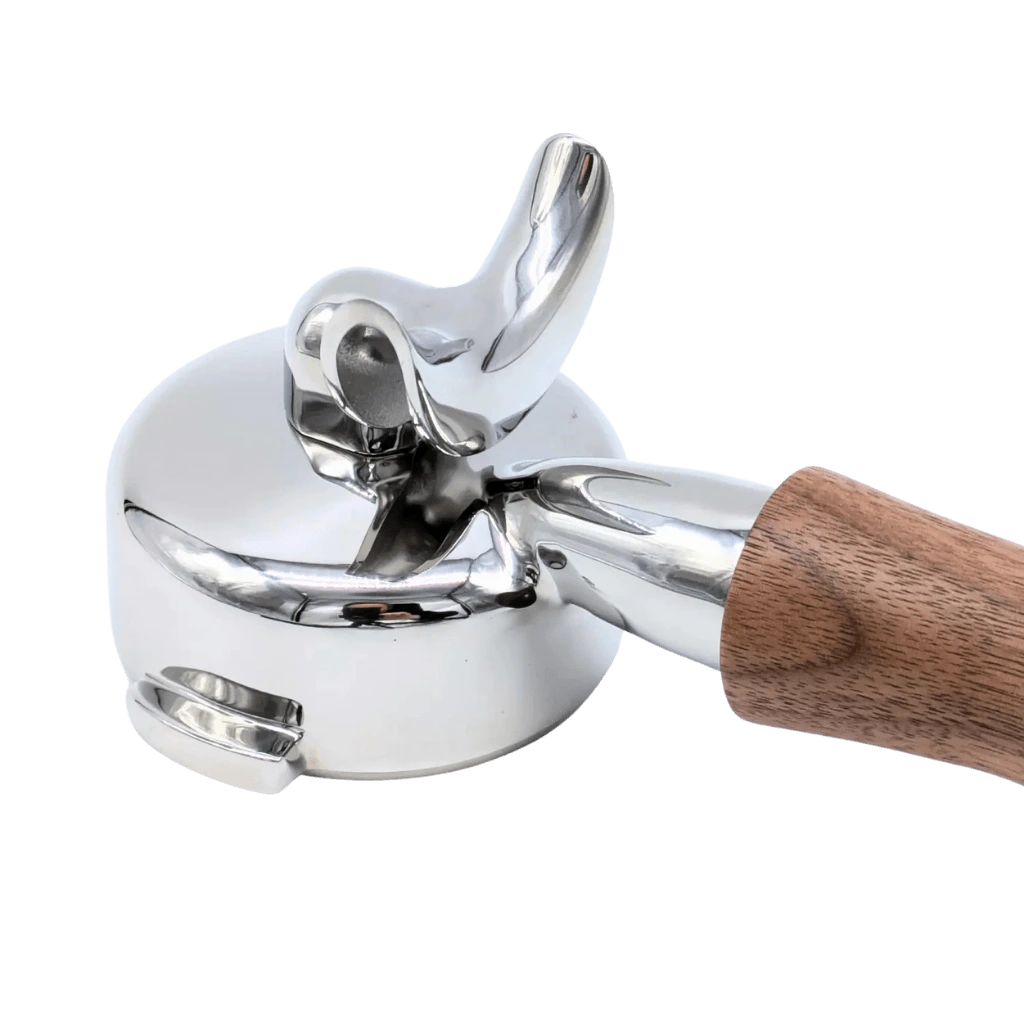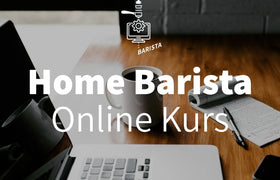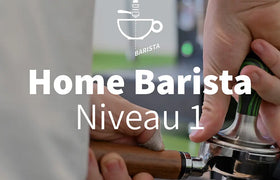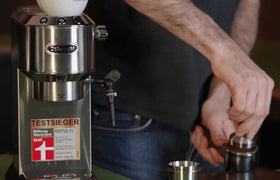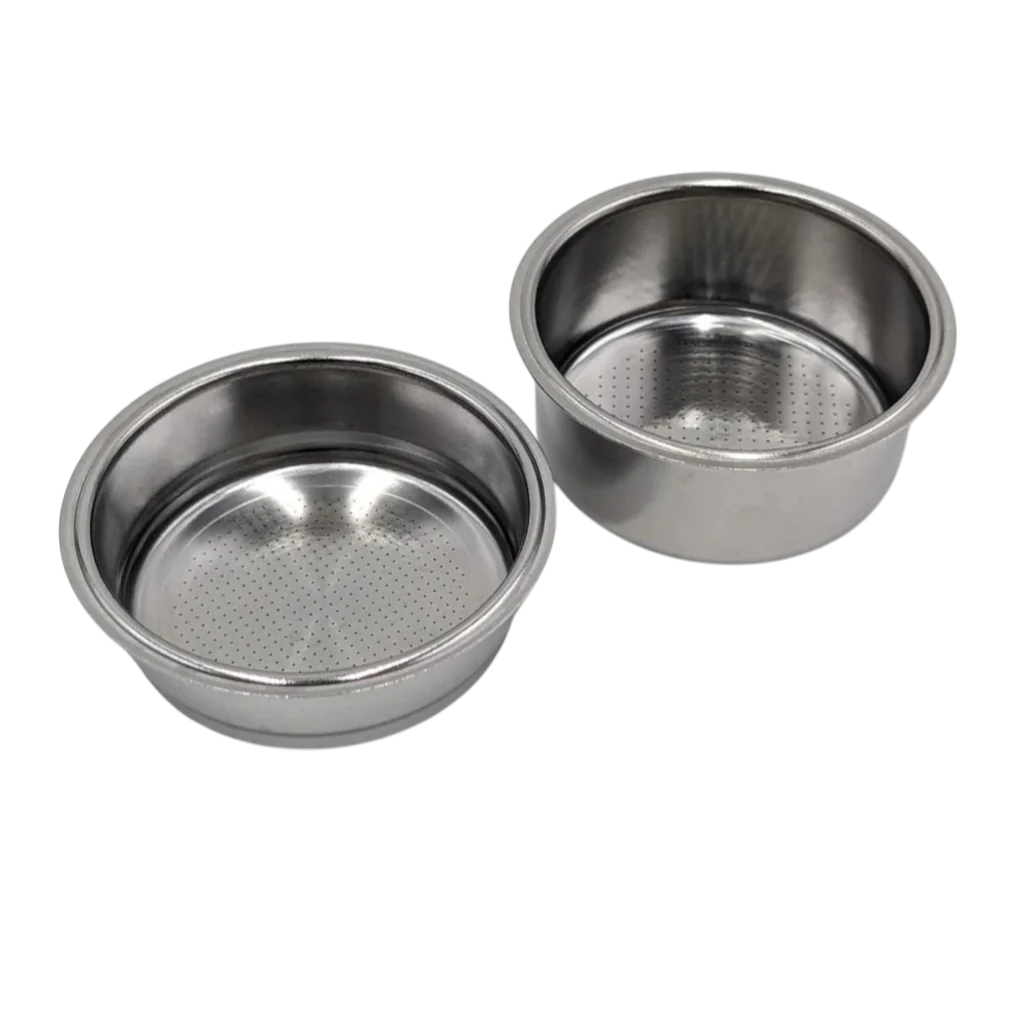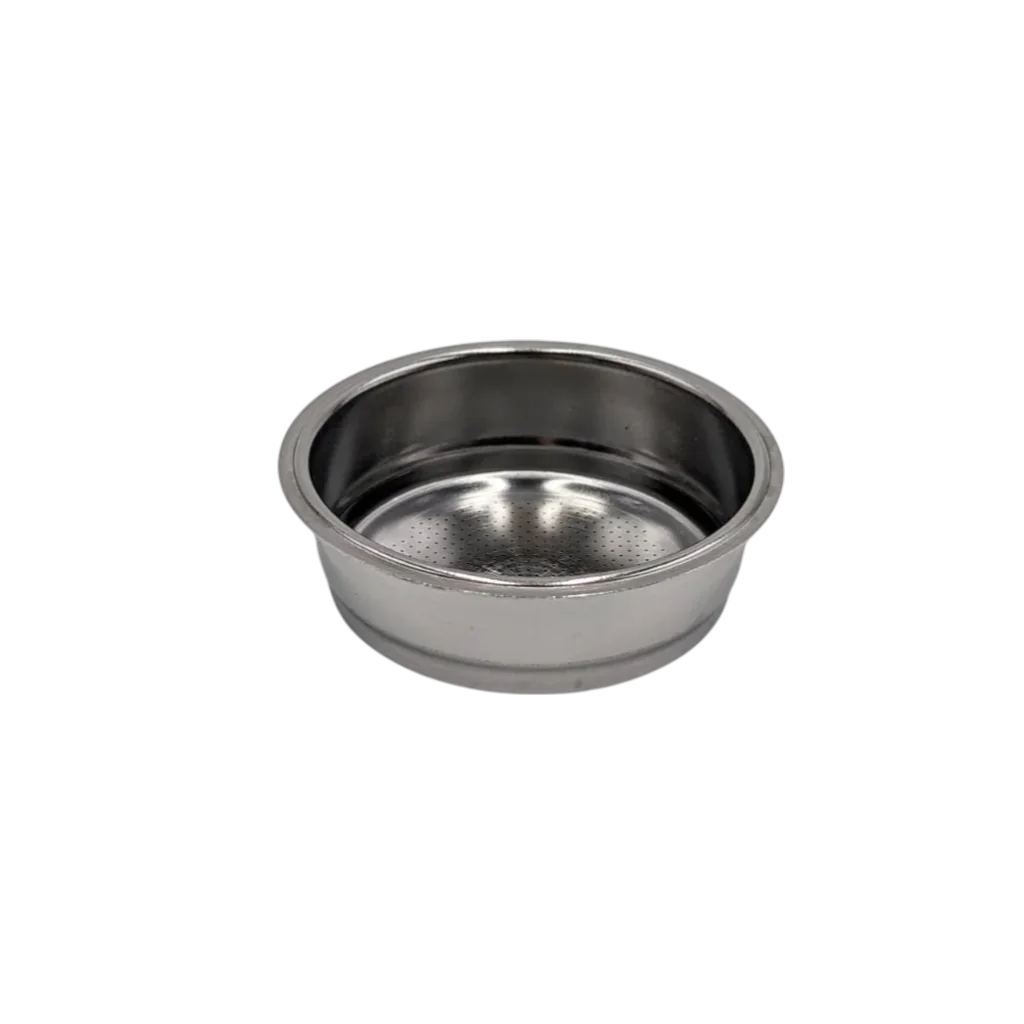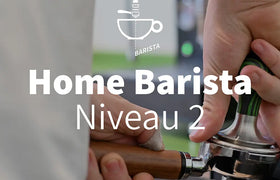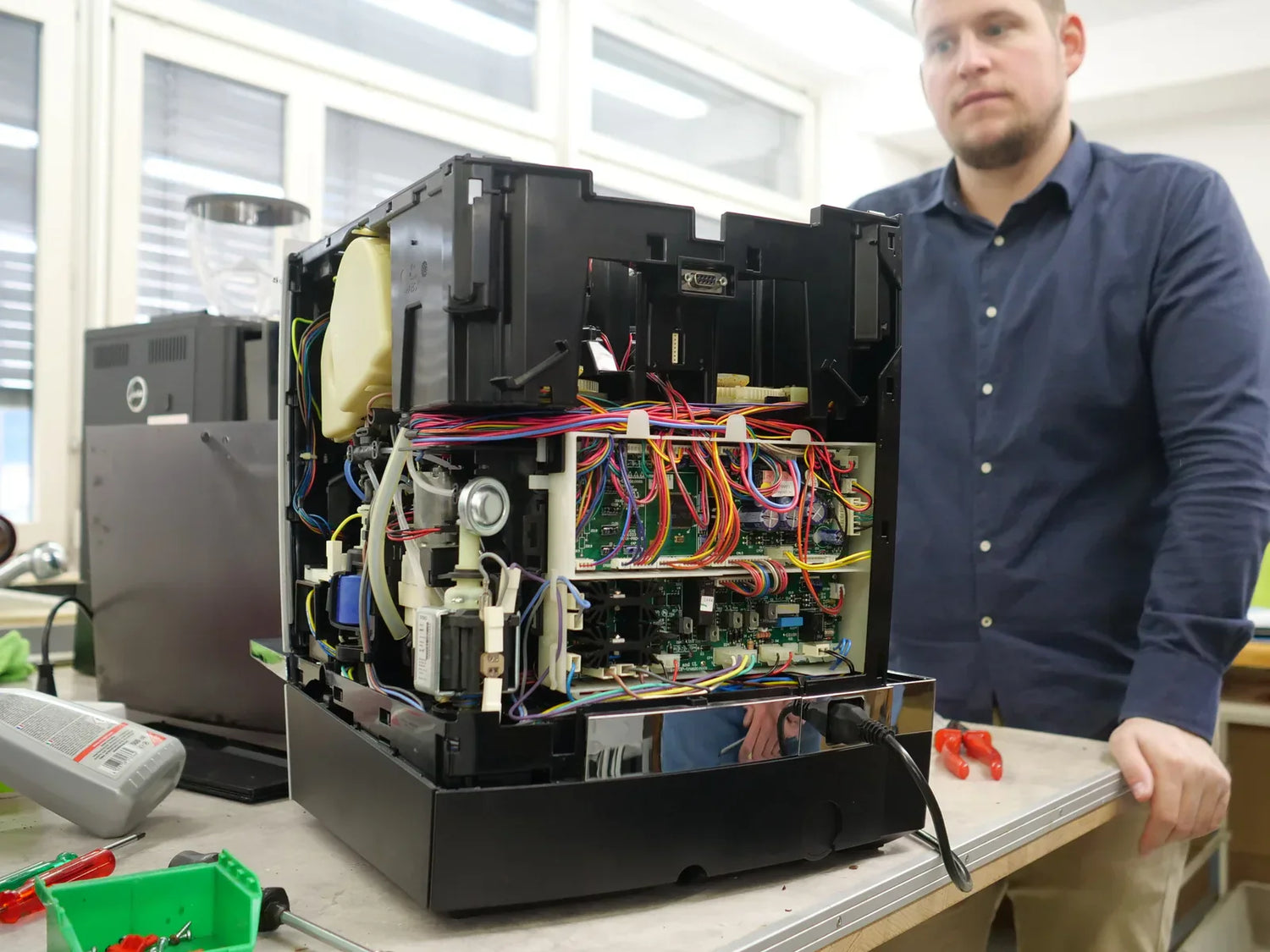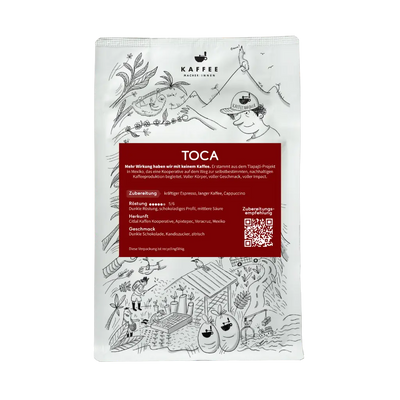Fully automatic coffee machines in restaurants very, very often brew bad coffee. We all experience this regularly if we allow ourselves to be exposed to it. I was surprised by how much feedback of this kind I received after my last video, in which I discussed 16 warning signs that indicate "bad coffee" even before we drink it. A broad consensus in the comments was that the fully automatic coffee machine itself is a signal of bad coffee in restaurants.
I agree with you that we often drink very bad coffee from "fully automatic coffee machines." And yet, I don't entirely agree. In my opinion, we make many mistakes when using fully automatic coffee machines, and it starts with the name. A fully automatic coffee machine is simply not fully automatic!
What is needed instead, what manufacturers of "fully automatic coffee machines" are not doing well, and how restaurants and roasters can work together to produce better coffee from fully automatic coffee machines is the subject of this video.
And here's another invitation. If you own a restaurant, rely on fully automatic coffee machines, and want to improve your coffee quality, apply for a "quick check." Michel and I will visit you, provide honest feedback, and work with you to improve your coffee quality. The only condition: we can film the process and create a video that will help other restaurants improve their own coffee quality. You can apply at the very bottom of the page.
Fully automatic coffee machines are not fully automatic
Fully automatic coffee machines have a much greater potential for brewing good coffee than we experience every day in restaurants, or perhaps even at home or in the office. I think this is due to a fundamental mistake, which is already evident in the name.
Fully automatic coffee machines don't make good coffee automatically. While this marketing claim is a good idea, it's not true. We've gotten used to it, and I also use the phrase in the video description so you can find my article and video in search results. But so-called fully automatic coffee machines are not fully automatic.
The best way to name coffee machines is based on the brewing method and location. Portafilter espresso machines brew coffee in a portafilter, which is why we call them portafilters. Capsule coffee machines brew coffee in a capsule, which is why we call them capsule machines . The same applies to filter coffee machines and pod machines. So-called fully automatic coffee machines are piston coffee machines according to this definition.
(No, portafilters are not piston coffee machines. Manual lever machines have a piston, that's true, but I would call them lever portafilters according to the definition suggested here.)

Comments under the video 16 warning signs of bad coffee in the catering industry.
Taking responsibility for coffee quality
In recent years, we have advised many catering establishments, worked closely with manufacturers of fully automatic coffee machines, and also made numerous visits to catering establishments.
I noticed two phenomena when dealing with catering equipment. Both often occur together or alternate.
Nobody is responsible
A lot of money has been invested in a professional fully automatic coffee machine for the restaurant, easily costing 10,000 to 25,000 euros or francs. Now the machine is supposed to deliver. Perhaps it will be equipped with good beans, but more likely with inexpensive ones, and then the machine is supposed to automatically brew good coffee. No one really gets involved and takes responsibility. The restaurateur may not even work with a roaster, but buys the coffee wholesale. And they're not particularly interested in the subject matter.
The drinks need to flow, everything needs to be done quickly, and the coffee machines were purchased as "fully automatic" machines so that they don't have to think about it any further. In such a setting, even the machine manufacturers' service technicians aren't required to go the extra mile or do fine-tuning (which they rarely offer themselves).
The others are to blame
Another phenomenon is blaming others. The service technicians point the finger at the roasters, while the roaster blames the technician. Moreover, both believe that the restaurant's cleaning isn't done thoroughly. Everyone points the finger at each other, and no one takes the lead.
Presumably, the restaurateur lacks an understanding of coffee-related issues, the roaster isn't familiar with all the different piston machines, and the technician lacks sensory training. This situation is always problematic and leaves many restaurateurs feeling uncertain.
Then the focus is on something else and the coffee remains bad.
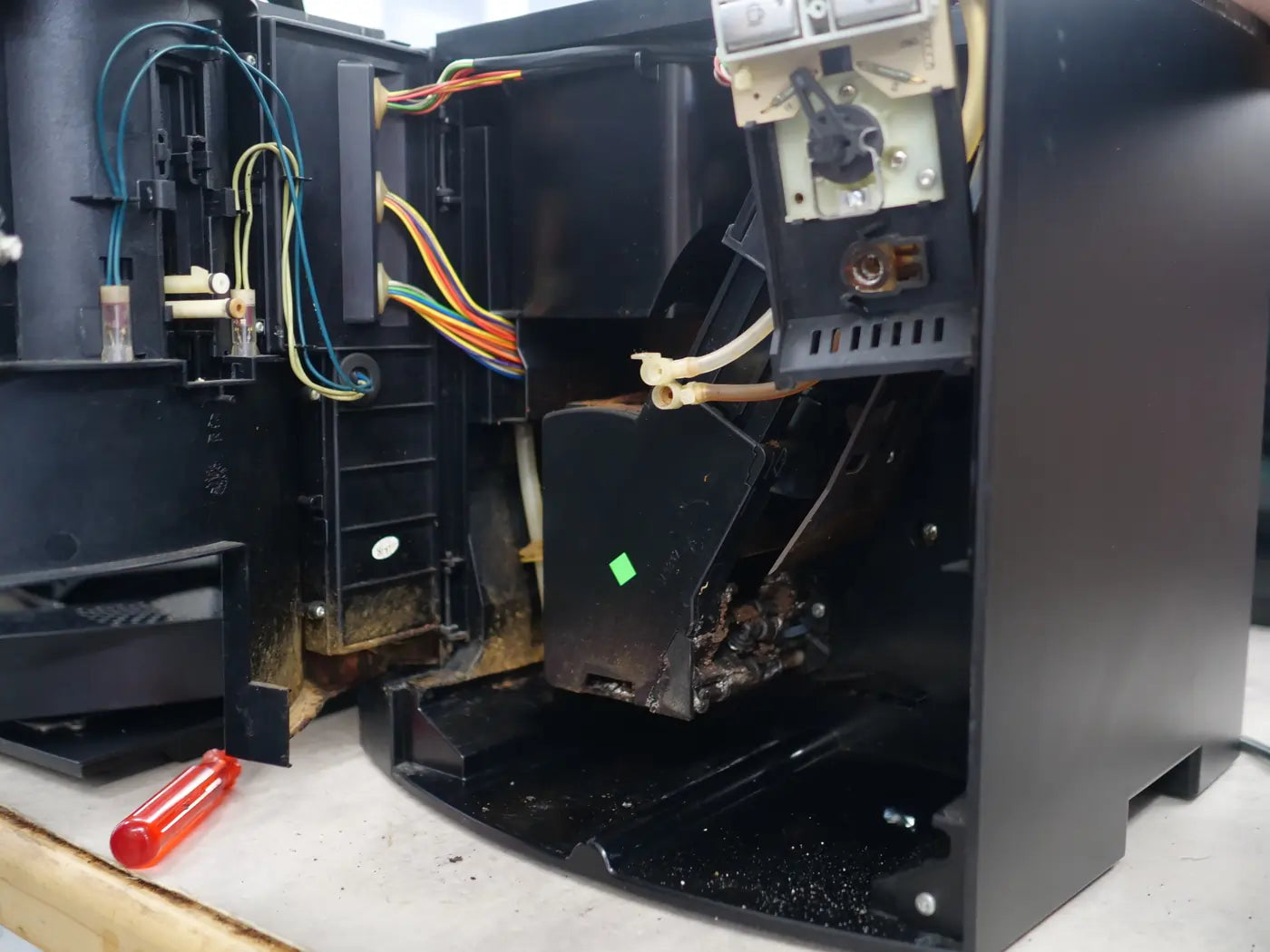
Good coffee from the piston coffee machine
However, the potential for very good coffee from so-called fully automatic coffee machines is there. I've had not only very, very good long coffees but also excellent espressos from fully automatic machines.
Some of these coffees would have been a match for any portafilter espresso machine in the world. But setting up a machine like this isn't a given.
Requirements are:
- Basic sensory training for a coffee manager in the company
- Buying a good fully automatic coffee machine
- Using good coffee beans
- Beverage definition of the coffee responsible person together with the roaster
- Implementation of the definition on the machine together with the machine manufacturer
- Development of a quality control protocol for the daily and weekly check of the machine, the coffee blend, the beverages
- Establishment of continuous improvement processes in the focus area of coffee
Sounds complicated?
Yes, of course. The time investment for defining and configuring the machine is realistically one to two days, plus a sensory course at a roaster or coffee school . I highly recommend this to restaurant businesses anyway, so they can confidently interact with roasters and coffee machine manufacturers. A good vocabulary for describing coffee makes it easier to work out beverage definitions later.
Is a fully automatic machine worth all that effort?
Of course! At least where people have the choice of drinking coffee at home or at the business next door. That's why we'll probably continue to drink bad coffee on trains, planes, and in prison for a long time to come.
But if the choice is there, the quality improvements triggered by the measures mentioned above will noticeably increase sales. And that will lead to a return on investment in the short rather than medium term (at least if the restaurant business as a whole is functioning).
It shouldn't be underestimated that many cities are coffee deserts . A lot of poor quality coffee is prepared, as was clearly demonstrated by the many comments under my video about 16 warning signs of bad coffee in restaurants.
It's almost absurd, but with really good coffee, restaurants can stand out from the crowd.
Invitation: we accompany you!
For a while, we supported restaurants in improving their coffee quality. Admittedly, it exhausted us, and the lack of interest in coffee and the genuine willingness of many restaurants to tackle structural improvements led us to no longer offer this as a consulting service. On the other hand, there are so many interested home baristas who are willing to go the extra mile for good coffee. That's much more enjoyable for us!
But here we would like to open the window again.
We are looking for a restaurant that is serious about its business.
The prerequisite:
- You are aware that your coffee – to put it diplomatically – has a lot of room for improvement.
- you have a piston coffee machine (fully automatic coffee machine).
- you want to learn and are open and interested in working with us on your drinks, setups, etc.
- You are open to us filming our visit and making a video about it.
Then apply to us. Michel and Benjamin will visit you, work with you, and together we'll get the most out of your setup.
There are no costs for you, you just have to invest the time.
We look forward to receiving your application. We reserve the right to visit various companies and businesses, depending on the applications and the number of companies that respond.
![]()



